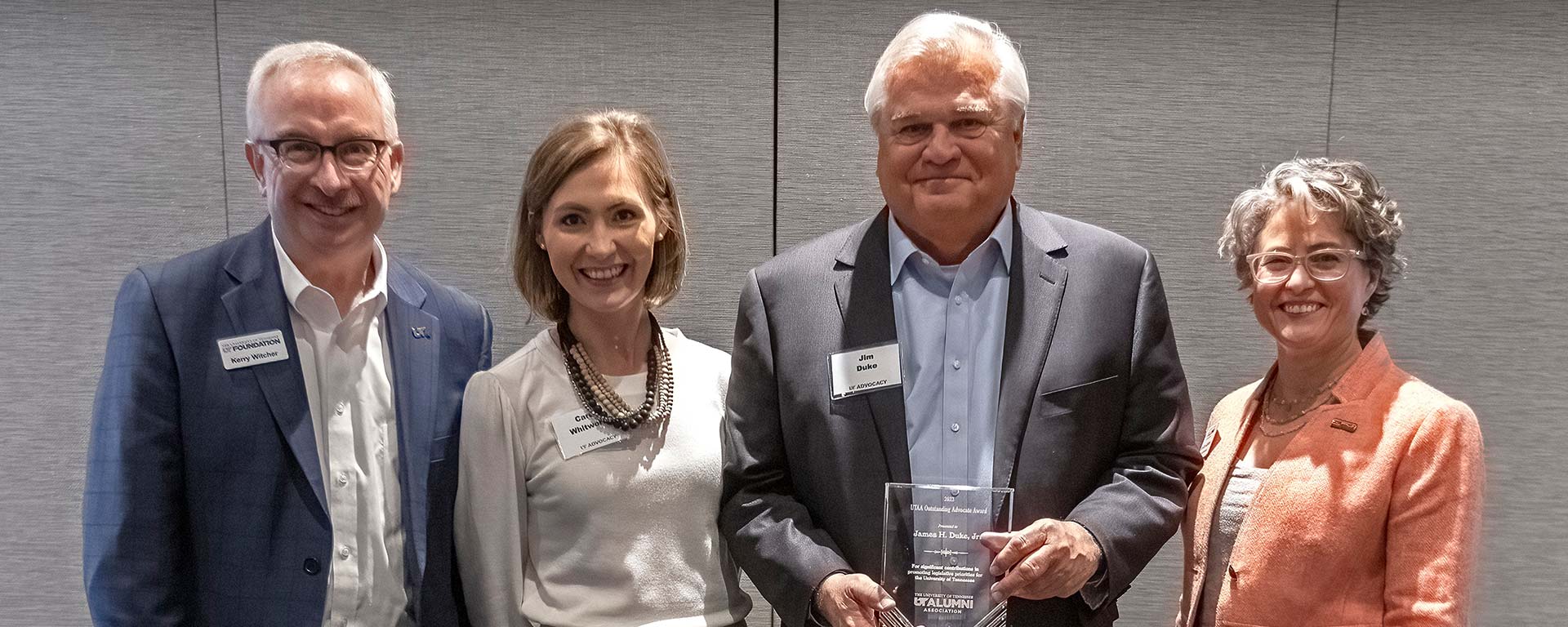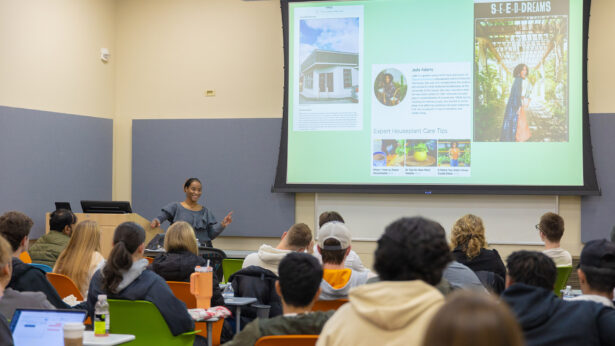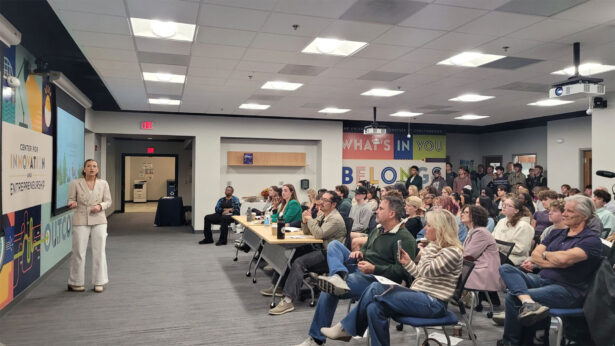For many graduates, their college or university experience doesn’t end with receiving a diploma. Becoming alumni often means becoming advocates for their alma maters. For some, this advocacy takes the form of volunteerism, student recruitment or donations to the institution. But, for others, it means becoming involved in legislative advocacy to support the university’s interests.
Sixty representatives from all UT campuses lead the call to legislative action as members of the Alumni Legislative Council (ALC).
“Alumni Legislative Council members are some of the University of Tennessee’s strongest advocates,” says Vice President of Government Relations and Advocacy Carey Whitworth. “They are key to helping the UT Government Relations team build relationships with elected officials and provide support for the university’s top legislative requests.”
Convening at the start of the legislative session, UT Office of Government Relations and Advocacy staff coach the council on funding priorities and greatest needs linked to increasing the capacity of educating students, producing research and providing outreach. Members leverage their expertise and leadership to ensure UT’s success for the betterment of the state.
The council’s advocacy efforts have made an impact on UT’s success through the years. In the most recent legislative session, the council, alongside legislative sponsors Sen. Shane Reeves, R-Murfreesboro, and Rep. William Lamberth, R-Portland, was critical in supporting an essential budget need for the University of Tennessee Health Science Center (UTHSC). Due to a pre-existing structural deficit, combined with a four-year lapse of state funding between 2016-2020, UTHSC needed $10.7 million recurring support to fund core instructional programs and keep the medical school competitive.
The call went out to the council members for help. As the boots on the ground, ALC members began contacting their legislators to help advocate for the funding. Thanks to the help of the members, the final version of the state budget included the funding for UTHSC.
In addition to the ALC, the UT Advocacy Network is a grassroots program of over 8,300 alumni, students, faculty and staff who believe in the university’s value to all Tennesseans and share that message with elected officials. The network was established in 2012 to connect advocates to the legislative process and support UT priorities.
“Universities from across the country have reached out to the UT Government Relations team to ask how the UT Advocacy Network is so successful in helping the university secure its critical priorities. I can confidently say it is because of the incredible engagement of the Alumni Legislative Council, who are always willing to take action to support the University of Tennessee,” says Annie Freeland, senior director of policy and engagement.

UT CHATTANOOGA, ’84
UT KNOXVILLE, ’94
“We need UT alumni from all of our campuses to help tell the story about the need for higher education. It’s a great opportunity to serve. We can make a difference. We need all areas of the state represented.”

UT KNOXVILLE, ’78
“I look at this as an opportunity to give back to my university: contacts with area legislators, sharing with those individuals what the university does for the students and faculty from our area, and the importance of identifying ways in which the state can provide support and assist the university in making our state a better place to live, work and play.”

UT MARTIN, ’05
“I serve on the ALC because the campus of UT Martin is a special place to me. The lessons learned and the strong lifelong bonds that were formed there prepared me for professional success. The opportunity to give back to UT Martin and the UT system as a whole, through service with the ALC, allows me to support the continued progress of the university.”

UT KNOXVILLE, ’78
“I have seen firsthand the impact our university benefits from when alumni engage with our legislature! We are so fortunate to have a team on the hill that keeps us informed, provides us easy access and continues to build relationships with our legislators.”
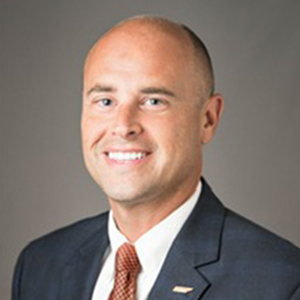
UT MARTIN, ’98
“The ALC has been a great enhancement to my experience as an alumnus of the University of Tennessee. I was asked to be a voice for my alma mater, but I got so much more and became an advocate for all of UT … we are everywhere you look, indeed.”
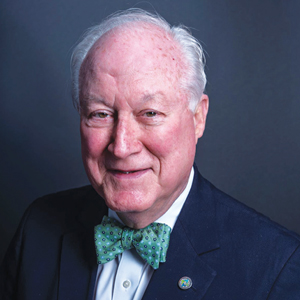
UT MARTIN, ’70;
UT HEALTH SCIENCE CENTER, ’77;
UT KNOXVILLE, ’09
“Serving on the ALC is a great opportunity to meet other UT alumni from across the UT system who love our university and who want to see it continue to improve.”

UT KNOXVILLE, ’03
“This past year, I was able to experience UT Day on the Hill. I met with my state senator and state representative to thank them for all they have done in the past to support the University of Tennessee. I graciously asked for more support in the upcoming legislative session and was pleased to see our work make a difference— specifically with the UT Health Science Center.”
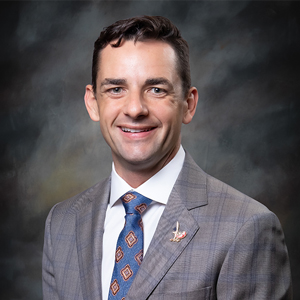
UT MARTIN, ’06
“Serving in this capacity allows the members to gain a unique perspective on the goals and mission of the university. It also allows members a front-row seat to the interworkings of the relationships with federal and state political leaders.”
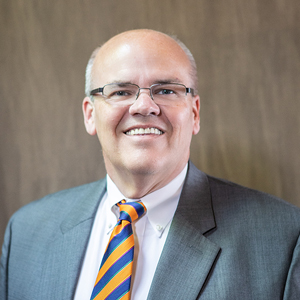
UT HEALTH SCIENCE CENTER, ’88
“Please volunteer. It’s definitely worth your time and efforts. You get to know our amazing team that represents each of us every day.”
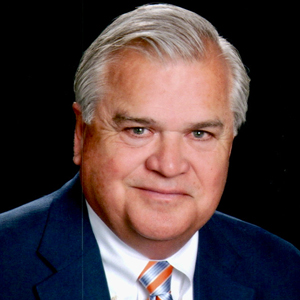
UT KNOXVILLE, ’73
“There are numerous instances where our advocacy has made the difference in getting funding for a particular project. One that always comes to mind is our impact in getting the purchase of Lone Oak farm in Hardeman County across the finish line.”
In 2022, the ALC and UT Advocacy Network provided support to help advocate for the UT Martin Tennessee Entrepreneurial Science and Technology (TEST) Hub. UT advocates reached out to legislators to share how the TEST Hub will provide hands-on manufacturing engineering education and be a regional innovation hub that will support workforce and economic development for future generations. Thanks to their help—and Lamberth as well as Sen. John Stevens, R-Huntingdon; Sen. Ken Yager, R-Kingston; and Rep. Tandy Darby, R-Greenfield—the TEST Hub received $18 million in the state budget.
“The work of the Alumni Legislative Council and UT Advocacy Network highlights the powerful role that alumni can play in advocating for their alma maters’ interests. Members bring a wealth of resources, knowledge and passion in an effort to ensure the continued success of UT,” says Mike McCay, executive director of the UT Alumni Association.
—
To join the ALC, email Mike McCay, executive director of the UT Alumni Association, at mmccay@utfi.org. Join the UT Advocacy Network at advocacy.tennessee.edu.
